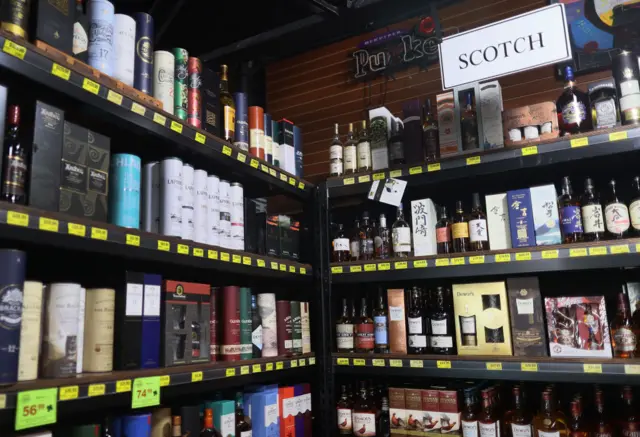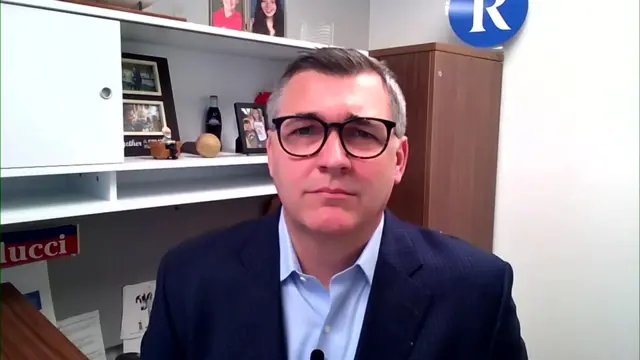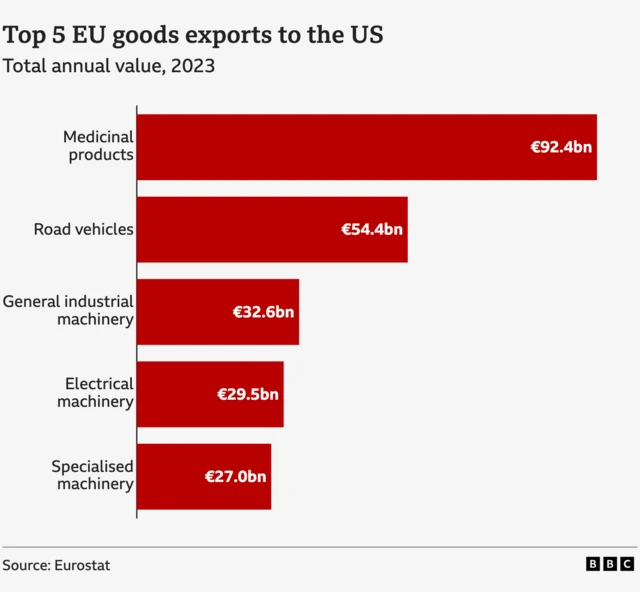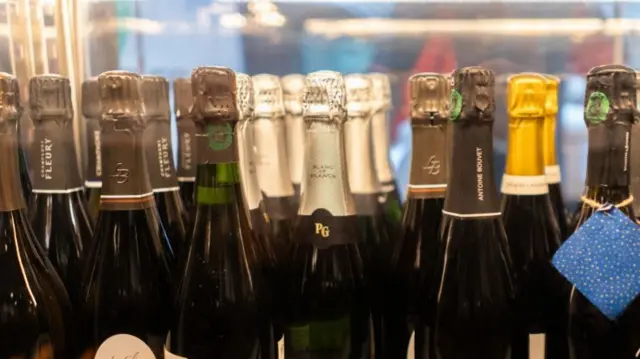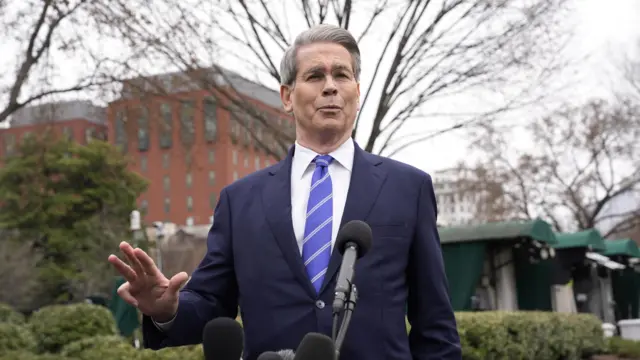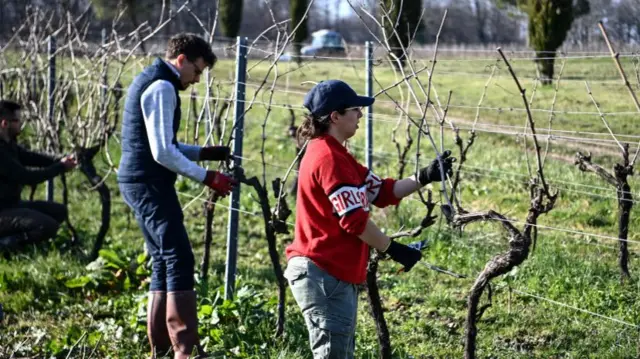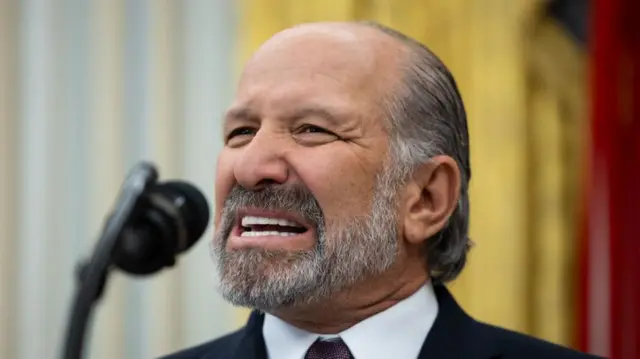
A stress test for American relationships with friends and neighbourspublished at 18:48 GMT 13 March
 Michelle Fleury
Michelle Fleury
BBC World News Correspondent in New York
Tariffs are stress-testing America's relations with its friends and neighbours.
Yesterday Donald Trump repeated his belief that the EU was set up to take advantage of the US. And he constantly refers to Canada as the 51st state.
Decades of close co-operation and working together are being upended by the US president.
In response to this change, Canada and the European Union both announced retaliatory action after Donald Trump increased tariffs on all steel and aluminium imports to 25 percent.
Through his Truth Social account, the president has indicated he won't tolerate any escalation. Today he threatened the EU with 200% tariffs on alcohol, while earlier this week it was Canadian metal in his sights.
Other countries are taking a different tack. Britain has not retaliated, hoping it can negotiate away the tariffs as part of a grand bargain on trade.

